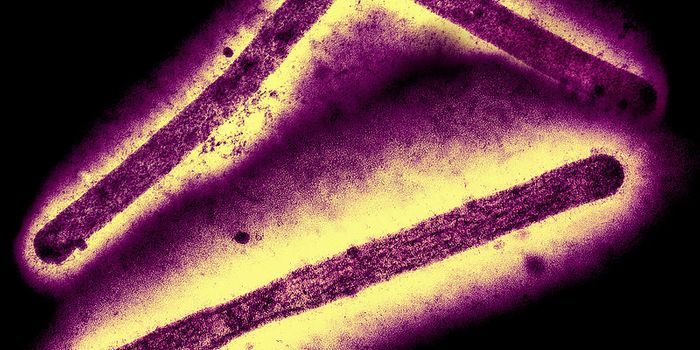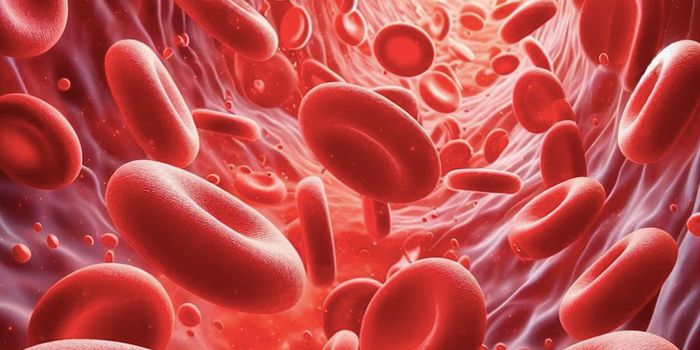Shared Genetic Factors Drive Brain Cysts & Neurodevelopmental Disorders
When people experience head trauma or if doctors suspect certain medical conditions, scans can be used to look at the brain and make an assessment. Arachnoid cysts (AC) are little sacs full of fluid that sit in a membrane that helps protect the brain and spinal cord, and they are commonly seen on these scans. ACs are not thought to cause symptoms, but some patients have reported having headaches or seizures, and some have developmental delays or other vague neurological symptoms. Treating these cysts is very challenging, however, because although ACs are the most common intracranial brain cyst type, we still don't know why they occur or why some are harmful while others are harmless.
Scientists have now used a multiomics approach to define ACs based on the symptoms they cause, and the genes that are expressed within them. The work has been reported in Nature Medicine.
In this study, the researchers obtained whole exome sequencing data, which contains all of the protein-coding portions of the human genome, for 617 patients and their parents. This work revealed seven genes that are linked to the formation of ACs, and all of these genes have previously been connected to neurodevelopmental diseases.
The study authors also applied novel tools to analyze thousands of medical records, which was used to classify patients based on their symptoms, or phenotype. Four unique subclasses of ACs were defined, and the genetic variants within those AC classes were assessed.
Previously, scientists have thought that the cysts physically interfere with or compress brain structures, which leads to the symptoms in patients. This study has indicated, however, that many AC symptoms may arise from genetic defects, which are driving the formation of cysts and neurodevelopmental disorders.
This work may help clinicians and investigators develop better treatment approaches that can be applied to either symptomatic or asymptomatic ACs. It can be challenging to make treatment and surgical decisions if patients have symptoms that are not clearly defined or may be caused by something else. Genetic tests could help identify patients who will benefit from surgery.
Additional work will be needed to reveal the biological impacts of the genetic variants identified in this study. The researchers are also interested in finding other factors that might influence AC development.
"Ultimately, we are interested in translating genomic data into pathophysiological insights that have meaningful impact for patients. This study is a solid step in the right direction for ACs," said Kristopher Kahle, MD, PhD.
Sources: Yale University, Nature Medicine









